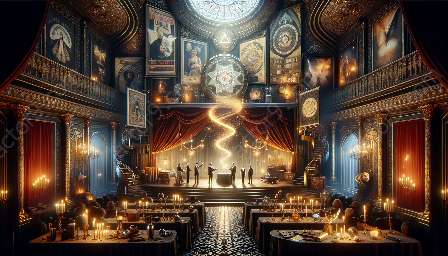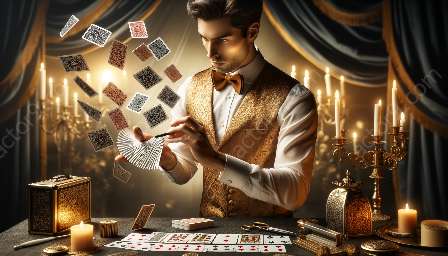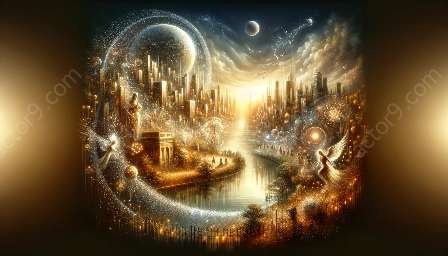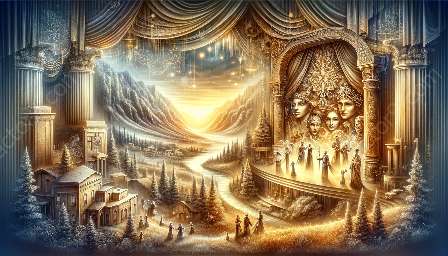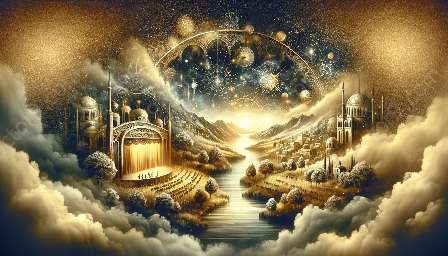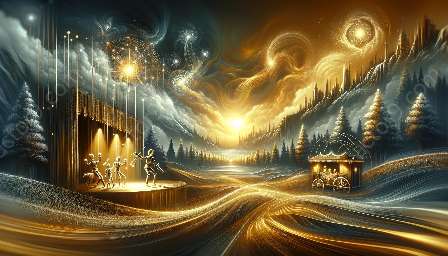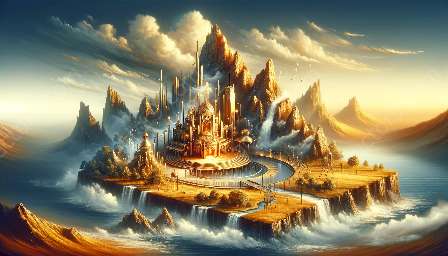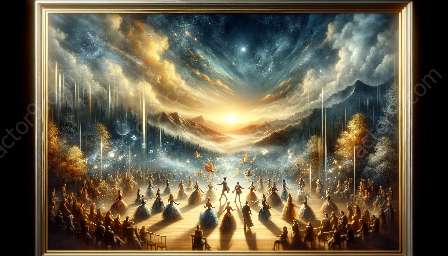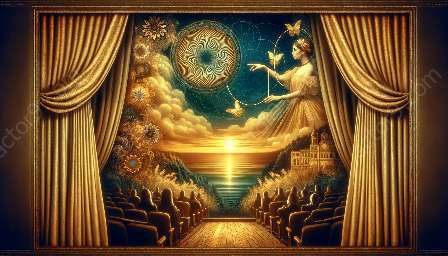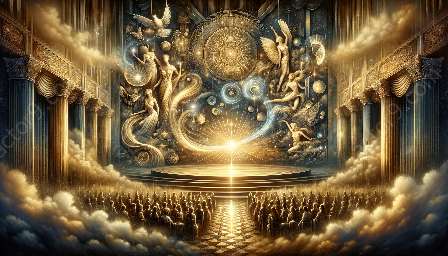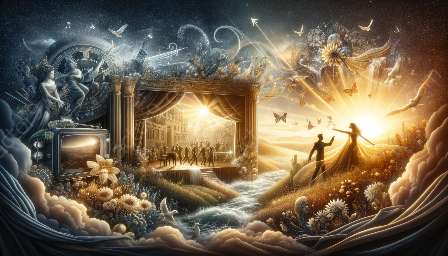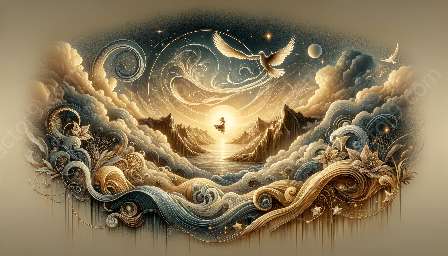From the mystical rituals of ancient Egypt to the awe-inspiring illusions of magicians in ancient Greece, the use of magic has been an integral part of cultural, religious, and entertainment practices in ancient civilizations.
The Role of Magic in Ancient Civilizations
Magic in ancient civilizations was deeply intertwined with religion and spirituality. It was believed that magicians and priests had the ability to harness supernatural forces to heal the sick, protect against evil spirits, and ensure a bountiful harvest. Some of the earliest recorded magical practices date back to ancient Mesopotamia, where rituals and incantations were performed to communicate with gods and ward off malevolent forces.
In ancient Egypt, magic was an essential part of religious ceremonies and funeral rites. The ancient Egyptians believed in the power of amulets, spells, and charms to navigate the afterlife and protect the deceased. Hieroglyphs depicting magical symbols and incantations adorned tombs and temples, emphasizing the importance of magic in their society.
Ancient Greek and Roman civilizations also embraced magic as a significant aspect of their cultural heritage. The concept of magic was closely associated with the mystical teachings of philosophers such as Pythagoras and Plato, who sought to understand the underlying principles of the universe through metaphysical practices and esoteric knowledge.
Magic and Illusion in Ancient Entertainment
While magic held a sacred and spiritual significance, it also captivated audiences as a form of entertainment in ancient civilizations. Illusionists and magicians mesmerized spectators with their sleight of hand, daring escapes, and seemingly impossible feats. The ancient Greeks staged elaborate theatrical performances that incorporated magical effects, blurring the lines between reality and illusion. Similarly, Roman festivals featured entertainers who astounded crowds with their magical skills and illusions.
Furthermore, the influence of magic extended into the realm of literature and mythology. Tales of sorcery and enchantment, such as the adventures of Odysseus in Homer's Odyssey and the magical exploits of Circe and Medea, held a prominent place in the literary traditions of ancient civilizations. These stories not only entertained audiences but also reflected the cultural significance of magic in shaping the mythical narratives of the ancient world.
Legacy of Magic in Ancient Civilizations
The enduring legacy of magic in ancient civilizations continues to inspire contemporary fascination with the mystical and the extraordinary. As we unravel the historical significance of magic and illusion, we gain a deeper understanding of the cultural, religious, and artistic expressions that defined the ancient world.

